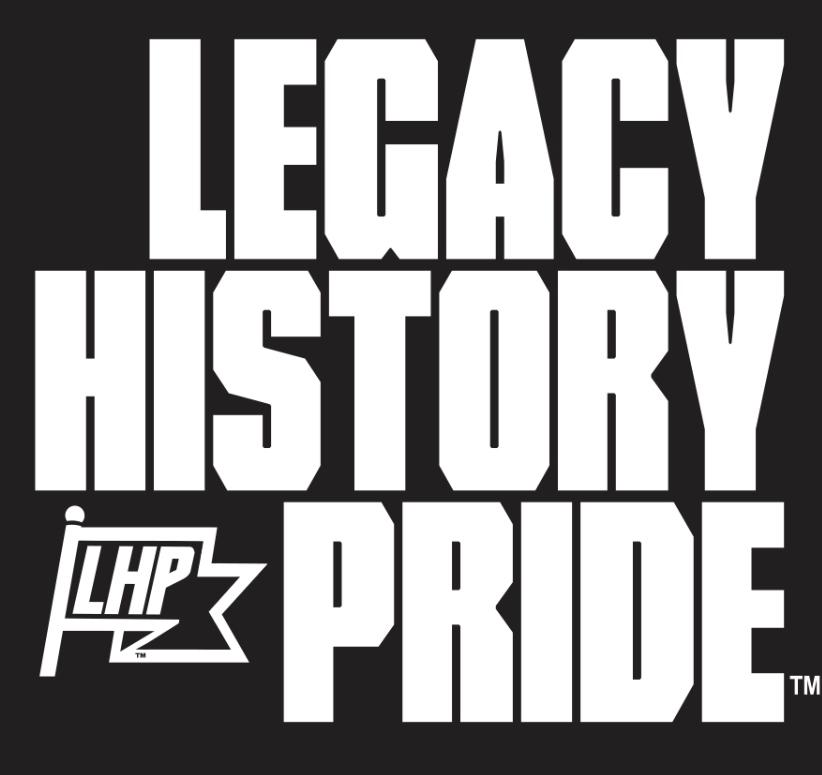HBCU Baseball

HBCU baseball is popular among many black institutions because of its history as a success story for minority groups. Black athletes have played baseball since the 1800s, heavily contributing to the sport over the last two centuries. Like most sports, baseball was segregated until the mid-20th century. Now, black athletes are prominent members of major league baseball, including HBCU alumni.
The first amateur teams to be established were the Colored Union Club (Brooklyn) and the Pythian Club (Philadelphia) in the 1860s. Twenty years later, all-black professional teams emerged, with the St. Louis Black Stocking and the Cuban Giants (NY) as two notable ones. Amateur and professional baseball teams were segregated, so black athletes had to play on "colored" teams. In the late 19th century, an athlete named Bud Fowler was the first black player to cross the color barrier when he became the pitcher for Lynn Live Oaks of the International League in 1878. Just a few years later in 1883, the Toledo Blue Stockings took on Moses Fleetwood "Fleet" Walker as a catcher. The following year, the team joined the American Association, making Walker the first professional black baseballer. Unfortunately, the International League banned new contracts with black players in 1887. In the years that followed, baseball remained largely segregated.
It wasn't until 1920 that an official league was established—the Negro National League. Andrew "Rube" Foster, now known as the "father of black baseball," acted as the president of the league and worked to organize black teams. They held their own games and the Negro Leagues World Series. Many of these players who got their start in this league earned their way into the Hall of Fame. With the Depression of the 1930s, black baseball leagues fluctuated for a while. The 1940s, though, came with a wonderful silver lining. The Kansas City Monarchs signed ex-Army lieutenant Jackie Robinson to a contract, despite the fact that the majors weren't desegregated. With coaching from retired Negro Leaguers like Cool Papa Bell, Robinson was able to step up in a big way for the Monarchs. In 1947, he walked out onto the Dodgers' Ebbets Field, shattering the color line.
Since then, there have been many black athletes to go on to professional baseball, including Reggie Jackson, Don Newcombe, Willie Mays, Hank Aaron, and Bob Gibson. In 1981, 18.7% of MLB's players were African American, according to Forbes' Leigh Steinburg. There were a number of HBCU alumni to go pro, too. A few greats were New York Mets' center fielder Tommie Agee (Grambling State), San Diego Padres' first baseman Tom Alston (NC A&T), Minnesota Twins' catcher Earl Battey (Bethune-Cookman), Brooklyn Dodgers' pitcher Joe Black (Morgan State), St. Louis Cardinals' left fielder Lou Brock (Southern), Montreal Expos' outfielder Andre Dawson (Florida A&M), and Tampa Bay Rays' first baseman Rickie Weeks, Jr. (Southern).
In 2018, there were four HBCU athletes drafted into MLB. Winston-Salem's Randy Norris was selected by the San Francisco Giants in the 19th round. Prairie View A&M sent off Darrien Williams, its first athlete since 2009 to be selected in the draft. He was chosen by the Los Angeles Angels in the 26th round. Marshawn Taylor, a Grambling State alum, was picked by the Arizona Diamondbacks. Taylor had a number of accolades, including being the SWAC Player of the Year, Hitter of the Year, and Newcomer of the Year in 2017! Lastly, the Atlanta Braves selected Alabama State's Ray Hernandez in the 29th round.
As of 2018, the league’s makeup was just 8.4% Black. MLB is aware of this and working to remedy it by instating baseball programs in communities around the country. Reviving Baseball in Inner Cities, for example, is designed to reintroduce baseball in urban settings. An exciting opportunity is offered here—with so many football and basketball greats, there are not many baseball heroes. This could open that door for pro baseballers to be, especially the ones dominating the game on HBCU fields. If athletes from these institutions can make history in our nation's most popular sports, then HBCU baseball can revive the once beloved pastime of baseball.

